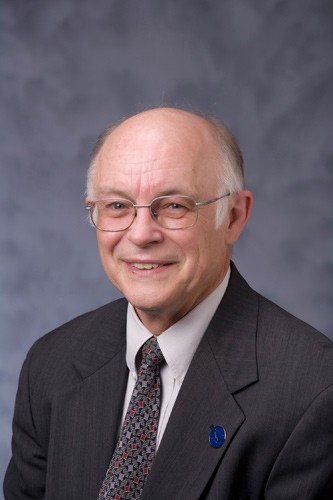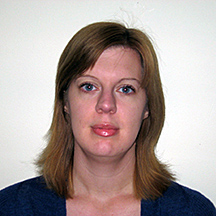Anyone old enough to know the difference between a “Rocker” and a “Mod” knows that the British music invasion of the 1960s was a thrilling era that set the course for popular music, fashion, the arts, politics and lifestyles for decades to come.
Thanks to an upcoming seminar offered by Newman University, members of any generation can now relive the excitement of the “Swinging Sixties” and explore the sociological significance of the music and culture of what many call the defining decade of the 20th century.

“The 1960s was a very special time,” said Professor of Sociology Larry Heck, Ph.D., who will present “The 1960s British Music Invasion” seminar. “In January 1964, the Beatles came to America and hit the charts with ‘I Want to Hold Your Hand.’ By the end of 1964, 24 British acts had hit the top of the pop music charts. How do you explain that particular music phenomenon happening at that particular time and in that particular way, both socially and culturally?”
The one-credit hour upper division seminar will be presented Friday, Nov. 13 from 6 to 9 p.m. and Saturday, Nov. 14 from 9 a.m. to 5 p.m. in Eck Hall 120. The course is open to all Newman students. Anyone wishing to take the class can register by 5 p.m. Friday, Nov. 13 in the Registrars Office in Sacred Heart Hall.
Heck, who has been a fan of British pop music since he first heard it as a teenager, has offered the seminar each fall since 2009. The course focuses on the first 18 months to two years of the British Invasion, and looks at the social and cultural significance of the music and the era.
“One purpose of the seminar is to show that music is an important part of social life, and it merits attention,” Heck said.
In addition to looking at the music of the early ‘60s, Heck said the seminar will examine how music is a social activity, and look at what is called the “sociology of emotions,” or how different kinds of music are often used to evoke different emotional responses. Heck said the seminar will also include several interactive exercises, including one he developed in content analysis that is designed to help students think about the messages of songs.
This year, the course will feature a special guest, 2003 Newman graduate Erin (Torkelson) Weber, who is the author of the book The Beatles and the Historians: An Analysis of Writings About the Fab Four, which was recently accepted for publication by McFarland & Company. The book, which offers a look at the historiography of the seminal ‘60s band, is expected to be published in late 2016.

“Over 3,000 books have been written about the Beatles, but mine is unique in that it is both the first to analyze their historiography – the story of how their story has been told, and how it has changed over time – and to apply source analysis to the most influential primary and secondary sources on the band,” Weber said. “The book contains a great deal of historical methods, and while I certainly hope a lot of Beatles fans will buy it, I didn’t write it with them in mind; the audience I intended it for was a college history student: someone taking historical methods and historiography for the first time, and wanting to see those concepts applied to a more modern topic.”
Weber said her work incorporates some of the most influential works in historiographical research, such as Marc Bloch’s The Historian’s Craft, and Gilbert Garraghan’s A Guide to Historical Method, which she applies to varying sources. The book explores early interviews, press conferences and other material created to promote the band’s image as loveable mop-tops, to John Lennon’s infamous breakup-era “Lennon Remembers” interview and post-break-up biographies and articles, to chronicle the way the Beatles story has been told from 1962 to the present day.
Weber, who was a history major and political science minor as a student, has also worked as an adjunct history faculty member at Newman for several years teaching the U.S. History 1 and 2 courses. Weber said she credits Professor of History Cheryl Golden, Ph.D., who helped guide her in writing the book and brought it to Heck’s attention, who then invited Weber to the seminar. Weber added that she also received strong support from Newman Provost and Vice President for Academic Affairs Michael Austin, Ph.D., as well as former Provost B. Lee Cooper, Ph.D.
In addition to telling students about her research methods for the book, Weber will discuss what she describes as the four main narratives of the Beatles, and hold a Q and A session with students. Weber said she is looking forward to the seminar.
“I’m very pleased to be taking part in the seminar,” she said. “It’s a new experience for me, but I find both the Beatles and historiography fascinating, and I think the students will be very interested as well.”

